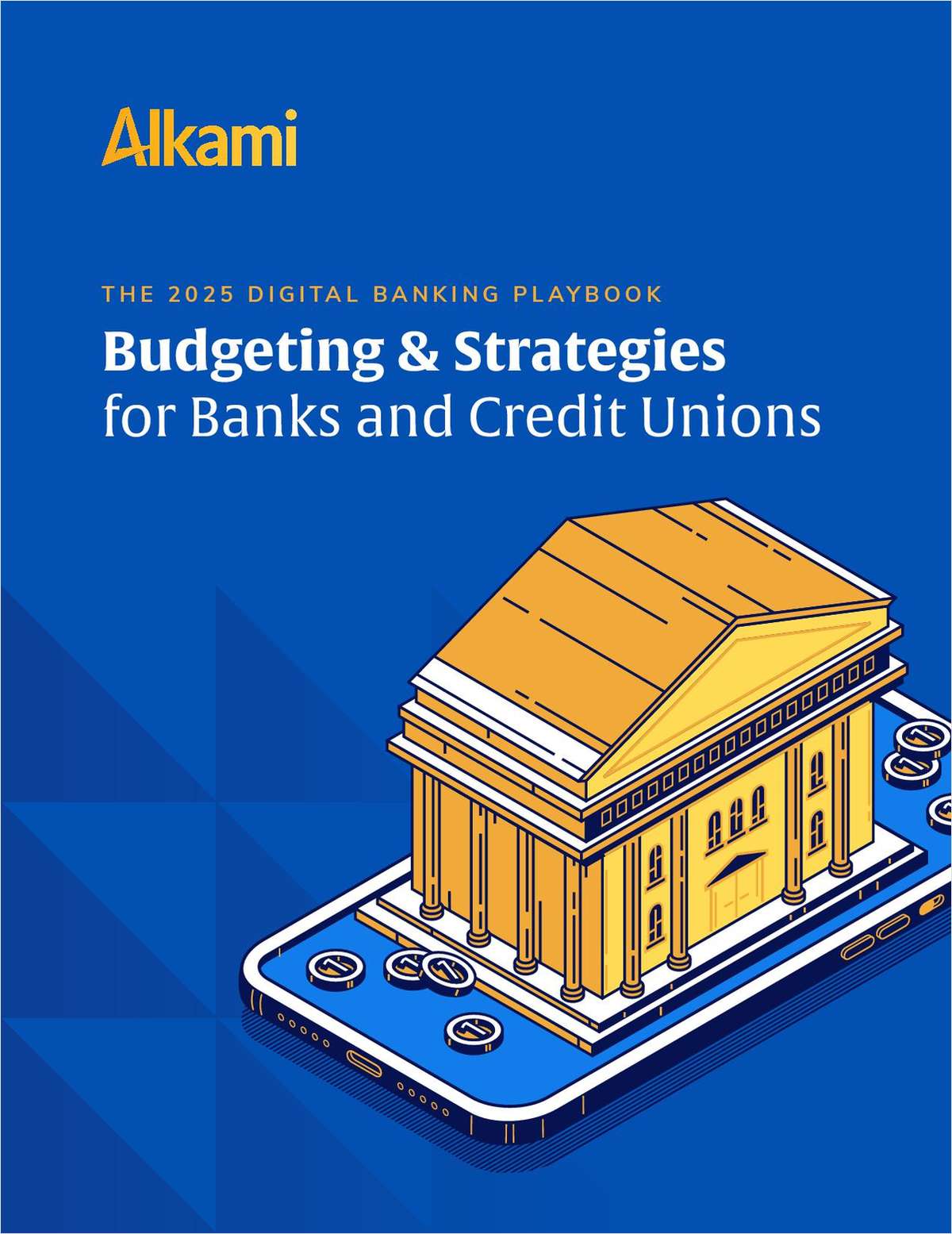FORT WORTH, Texas – Is PIN debit the best payment system available now? Is it the payment system of the future? Many obstacles stand in the way of its continued growth, based on observations given by PULSE EFT Association's CEO Stan Paur in a keynote address to attendees at TechMecca 2004 on Feb. 11. The greatest issue at hand, according to Paur, is determining the value of electronic access to financial institution databases and who should pay for that access. "The information your institution possesses, your database, is one of your key assets. PIN debit assures payment [to merchants]," Paur told the mixed audience of credit union and bank professionals. "Customer information is becoming a commodity, and like any commodity, it can be sold. Financial institutions must have incentive to give out that information." From the consumer's viewpoint, Paur said, the person benefiting from the information – the merchant – should pay for information. Merchants, on the other hand, believe they are paying enough. Point-of-sale fees have increased 18 cents per transaction in 10 years (PULSE fees). Giant retailer WalMart argues that as volume goes up costs should come down. "It will be a two-sided negotiation going forward," Paur said. Dramatic changes are occurring in the financial landscape following the MasterCard/VISA anti-trust settlement. In Paur's assessment, merchants emerged the winners and financial institutions have been the losers in terms of decreased revenues. Other outcomes of the settlement, according to Paur, are a marginalized influence of VISA and MasterCard, heightened government interest and influence relative to electronic payments, and the continuation of the battle over information. In international markets, including the European Union, the United Kingdom and Australia, Paur said governments are now involved in discussions of "cost-based" pricing of EFT services. What's at the root of the discussions? Information that financial institutions possess and the value of that information. Concerning PIN debit, Paur offered these additional observations: 1) PINned POS is not the perfect solution for all applications. For example, it is not convenient for use at toll booths; 2) Consumers' costs may increase; 3) The Canadian PIN debit model has no interchange fee. Consumer pays directly. If, however, that model were applied in the United States, consumers would pay $4.3 billion more annually than under the U.S.'s current system; 4) Interchange income is a source of controversy, so it is unlikely to increase; 5) More litigation will occur, with more damaging outcomes. PULSE legal analysis commented that EFT lawsuits are a "virtual certainty"; 6) Regulatory intervention by the government is likely. Paur urged financial institutions to take a hard look at what their role is in the payments industry. "Think about customer information as an asset. The basic questions are, "Who are you giving access to customer information?" and "What are your costs (electronically?)" "Get information from a check authorization system. The information you possess at a small bank or a credit union is just as valuable to the person asking for it." [email protected]
Complete your profile to continue reading and get FREE access to CUTimes.com, part of your ALM digital membership.
Your access to unlimited CUTimes.com content isn’t changing.
Once you are an ALM digital member, you’ll receive:
- Breaking credit union news and analysis, on-site and via our newsletters and custom alerts
- Weekly Shared Accounts podcast featuring exclusive interviews with industry leaders
- Educational webcasts, white papers, and ebooks from industry thought leaders
- Critical coverage of the commercial real estate and financial advisory markets on our other ALM sites, GlobeSt.com and ThinkAdvisor.com
Already have an account? Sign In Now
© 2025 ALM Global, LLC, All Rights Reserved. Request academic re-use from www.copyright.com. All other uses, submit a request to [email protected]. For more information visit Asset & Logo Licensing.









